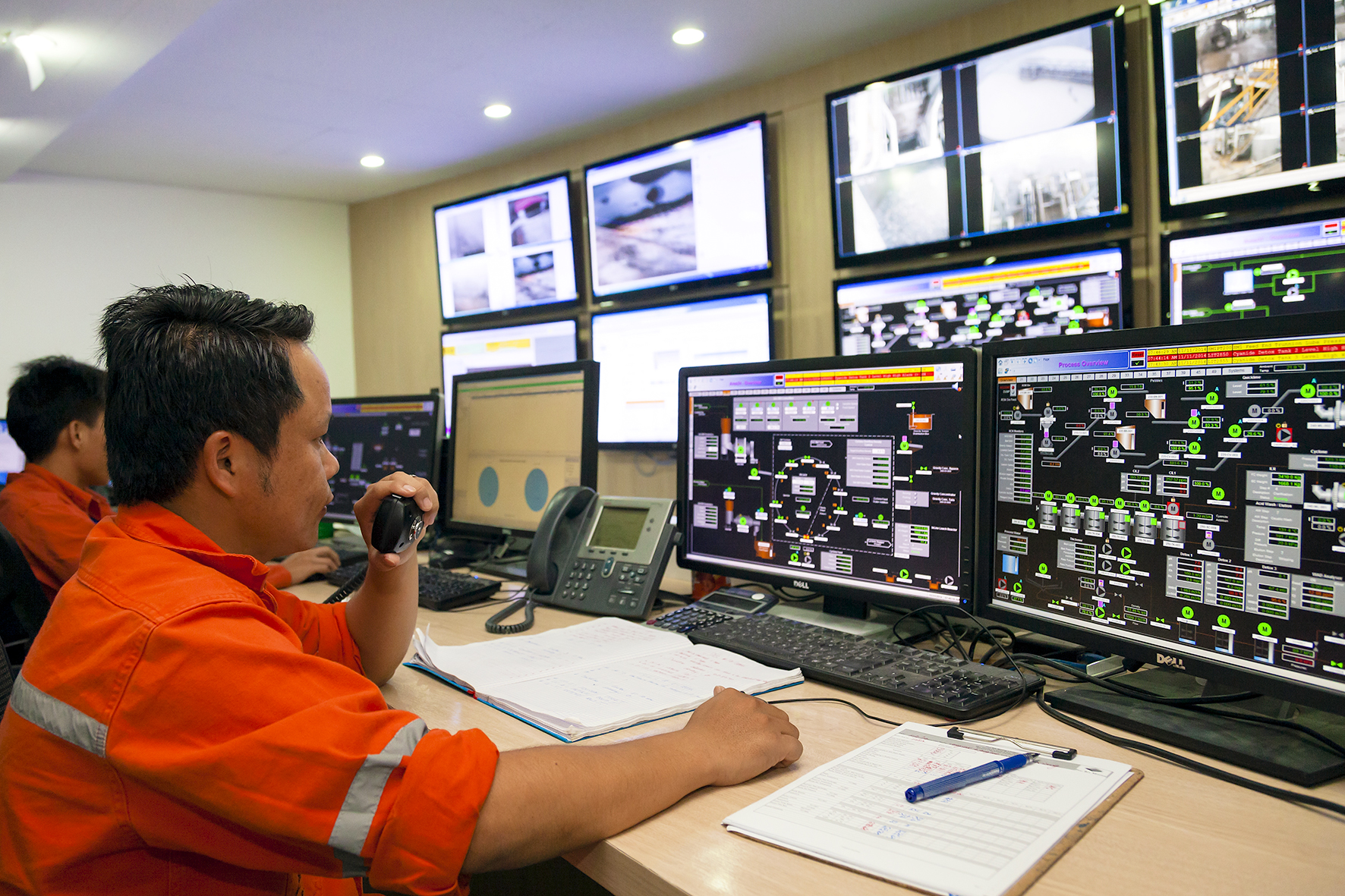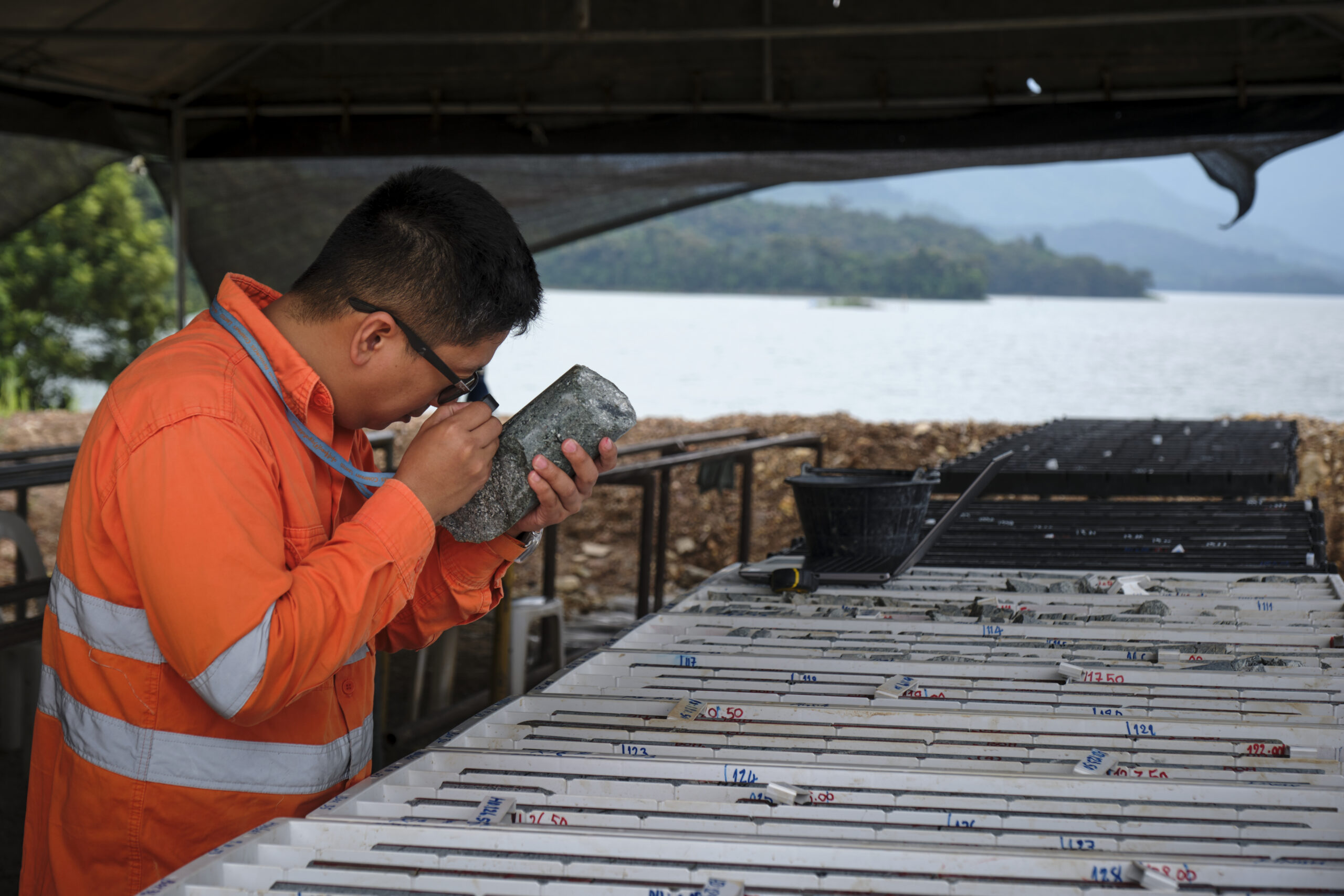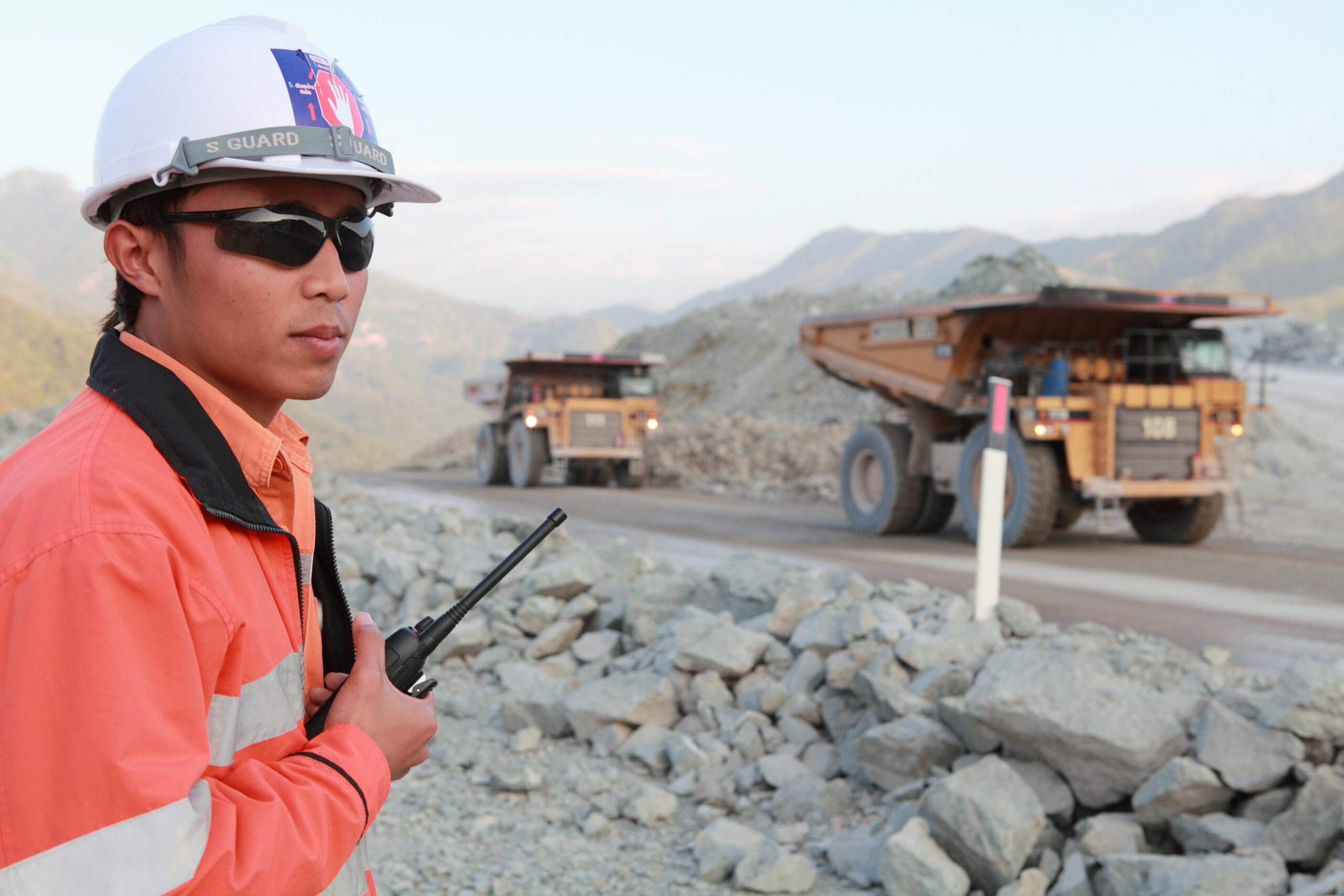Mine Technical Services
The Mine Technical Services (MTS) Department is responsible for developing the long-term operational strategy for Phu Bia Mining, including growth projects to extend the life of Phu Bia Mining assets in Laos.
The MTS team undertake studies to determine the economic viability of PBM’s growth projects.
The MTS team provide technical support to various site operational teams – these include: mine planning; geotechnical engineering and hydrogeology; metallurgical projects to improve ore recovery; and life of asset planning including rehabilitation requirements.
Working closely with the Mineral Resource Development team (MRD), MTS and the operations team continuously identify and develop growth projects.
The MTS team is also responsible for short-, medium- and long-term mine planning. This planning projects include: ‘Life of Mine’ strategic planning; servicing the pit and waste rock dump development schedule; all design work associated with open pits including: pit design; stage pit design; waste rock dump design; haul road design; and water management plans. The MTS team is responsible for the budgeting, forecasting and cost control of all related projects. MTS also support the Mine Development department with technical support for projects including the underground earthwork project among other growth projects as required by the business for current operations and future growth.


